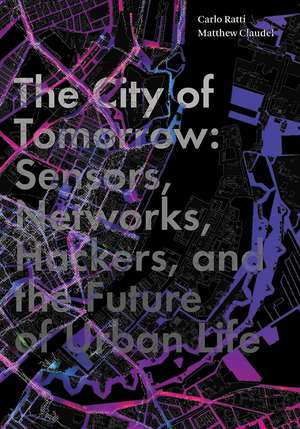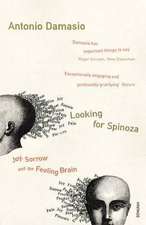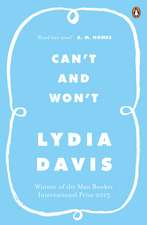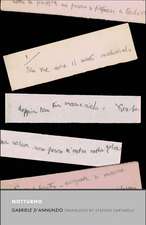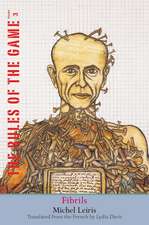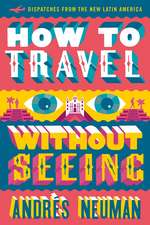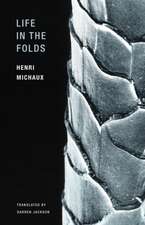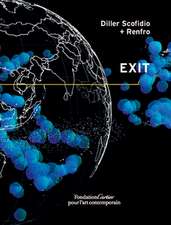The City of Tomorrow: Sensors, Networks, Hackers, and the Future of Urban Life: The Future Series
Autor Carlo Ratti, Matthew Claudelen Limba Engleză Hardback – 28 iun 2016
Since cities emerged ten thousand years ago, they have become one of the most impressive artifacts of humanity. But their evolution has been anything but linear—cities have gone through moments of radical change, turning points that redefine their very essence. In this book, a renowned architect and urban planner who studies the intersection of cities and technology argues that we are in such a moment.
The authors explain some of the forces behind urban change and offer new visions of the many possibilities for tomorrow’s city. Pervasive digital systems that layer our cities are transforming urban life. The authors provide a front-row seat to this change. Their work at the MIT Senseable City Laboratory allows experimentation and implementation of a variety of urban initiatives and concepts, from assistive condition-monitoring bicycles to trash with embedded tracking sensors, from mobility to energy, from participation to production. They call for a new approach to envisioning cities: futurecraft, a symbiotic development of urban ideas by designers and the public. With such participation, we can collectively imagine, examine, choose, and shape the most desirable future of our cities.
Preț: 130.68 lei
Nou
25.01€ • 25.95$ • 20.90£
Carte disponibilă
Livrare economică 22 februarie-08 martie
Livrare express 11-15 februarie pentru 19.57 lei
Specificații
ISBN-10: 0300204809
Pagini: 192
Ilustrații: 22 b-w illus.
Dimensiuni: 127 x 178 x 21 mm
Greutate: 0.25 kg
Editura: Yale University Press
Colecția Yale University Press
Seria The Future Series
Recenzii
"Written with clarity. . . . In times of disillusion with technology and its promises, it’s important to remember that we are responsible for setting the rules on how it will be employed. We must reclaim an active, vigilant role to prevent its abuse, all the while we continue to imagine ways of putting it to work for the human cause. In that sense, we may need at least a bit of The City of Tomorrow’s optimism."—Antonio Vazquez Brust, EPB: Urban Anaytics and City Science
"This is different. And it is brilliant. Ratti and Claudel give us a distinctive path to think through technical futures, far removed from the typical exaggerated versions of the present. They start with a fact: we are all enmeshed in distributed sensing ecosystems, and the more complex and intractable those systems, the more technical innovations we can think up. Thus the messy city, not the perfect lab, is ground zero."—Saskia Sassen, Columbia University, author of Expulsions
"Ratti and Claudel provide remarkable insights into the city of tomorrow. A book that everyone who is interested in the future—and that is all of us—should explore."—Michael Batty, University College London
Notă biografică
Descriere
An internationally renowned architect, urban planner, and scholar describes the major technological forces driving the future of cities Since cities emerged ten thousand years ago, they have become one of the most impressive artifacts of humanity. But their evolution has been anything but linear-cities have gone through moments of radical change, turning points that redefine their very essence. In this book, a renowned architect and urban planner who studies the intersection of cities and technology argues that we are in such a moment.
The authors explain some of the forces behind urban change and offer new visions of the many possibilities for tomorrow's city. Pervasive digital systems that layer our cities are transforming urban life. The authors provide a front-row seat to this change.
Their work at the MIT Senseable City Laboratory allows experimentation and implementation of a variety of urban initiatives and concepts, from assistive condition-monitoring bicycles to trash with embedded tracking sensors, from mobility to energy, from participation to production. They call for a new approach to envisioning cities: futurecraft, a symbiotic development of urban ideas by designers and the public. With such participation, we can collectively imagine, examine, choose, and shape the most desirable future of our cities.
